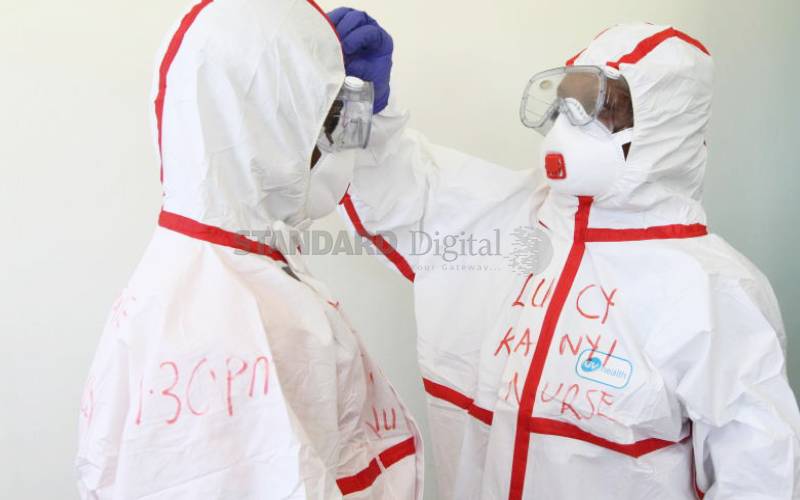×
The Standard e-Paper
Join Thousands Daily

Nevertheless, the coronavirus outbreak has caused global panic and evoked memories of nuclear accidents.
The world is going through an accidental disease-induced dislocation in every aspect of life. Coronavirus (Covid-19), has forced several countries or sections of countries to declare states of emergency in response to an unseen “enemy”. As the number of infections and deaths (now at 105,000 infections and 3,000 deaths), keeps rising globally, it is hard to find a global catastrophe of similar potent.